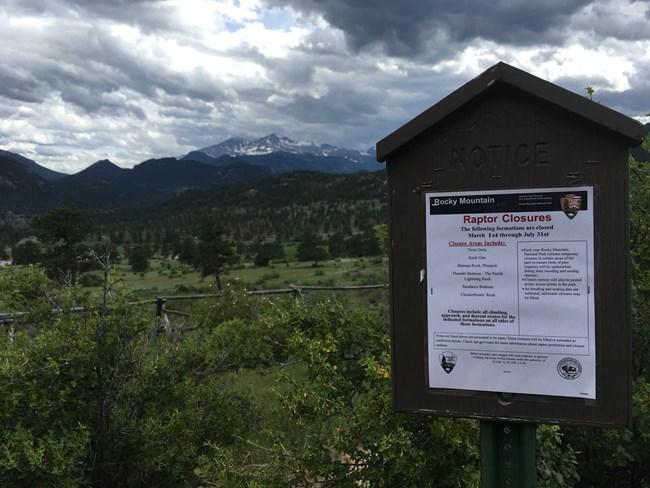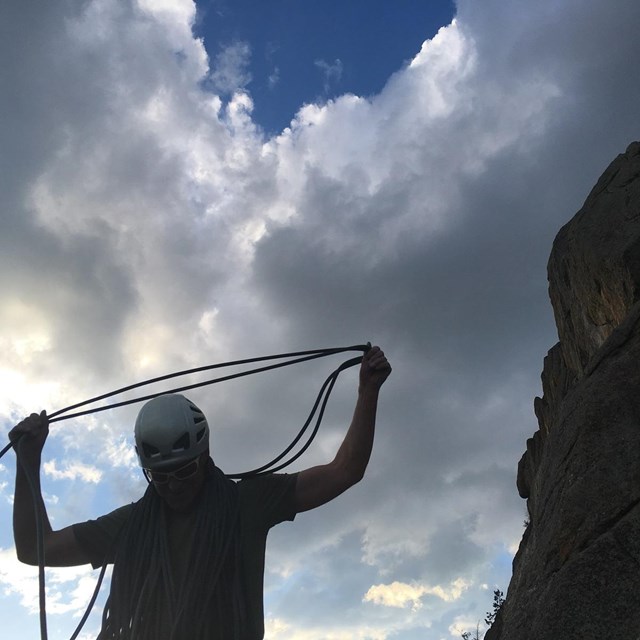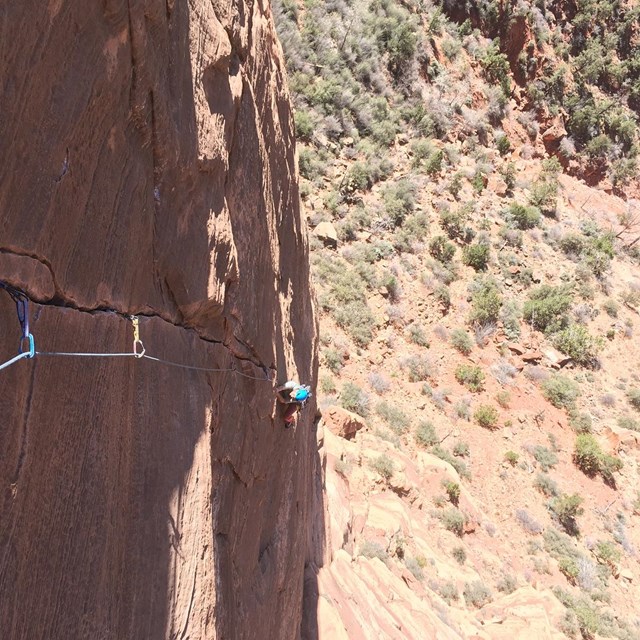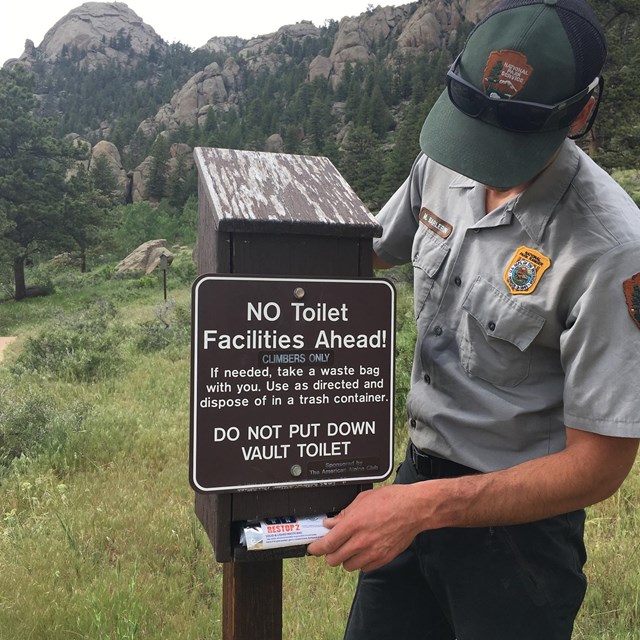
NPS/Quinn Brett
The National Park Service (NPS) may implement public use closures or other special restrictions to protect park visitors from hazardous conditions and/or to preserve critical or sensitive natural and cultural resources. Common causes of closures include incidents involving raptors and wildlife concerns, cultural observances, wildland fire, floods, storms, natural disasters and other hazards as well as search and rescue and law enforcement operations. Park visitors can help the NPS successfully manage these incidents by seeking alternative locations and activities when their intended plans are affected by closures or other restrictions.
Before setting out on your trip, take a look at the “Plan Your Visit” section on the park’s website or the parks compendium. Located > Learn about the Park > Management > Management Plan.
Be sure to research the following important information:
-
Permits and regulations: Find out what kinds of permits you need to climb, camp or bivouac (bivy) and if there are any restrictions.
-
Outdoor conditions: Find out trail, site conditions and possible hazards you need to plan for, such as weather, rockfalls, wildlife, altitude, etc.
-
Food storage and disposal requirements: Check your park's regulations on how to properly store and dispose of food. Some may require you to bring a bear bin or bag, especially in the backcountry where facilities are more sparse.
-
Human waste requirements: Parks have different regulations regarding properly managing and packing out your human waste, particularly in Wilderness. Be prepared to pack it out.
-
Fire regulations: Parks have regulations on where fires are allowed and when you can have a fire. Some parks may not allow open fires, especially at certain points in the year. You may need to bring a camping stove if such conditions apply.
-
Pet rules and regulations: If you want to camp with a pet, check park regulations first.
-
 Education Opportunities
Education OpportunitiesThere are many professional and non-profit organizations that can provide educational climbing experiences.
-
 Staying Safe
Staying SafeTips to stay self while climbing.
-
 Good Climbing Practices
Good Climbing PracticesBy following a low-impact climbing ethics, climbers can protect a park's outstanding natural features, biological diversity, and recreation.
Last updated: August 25, 2021
